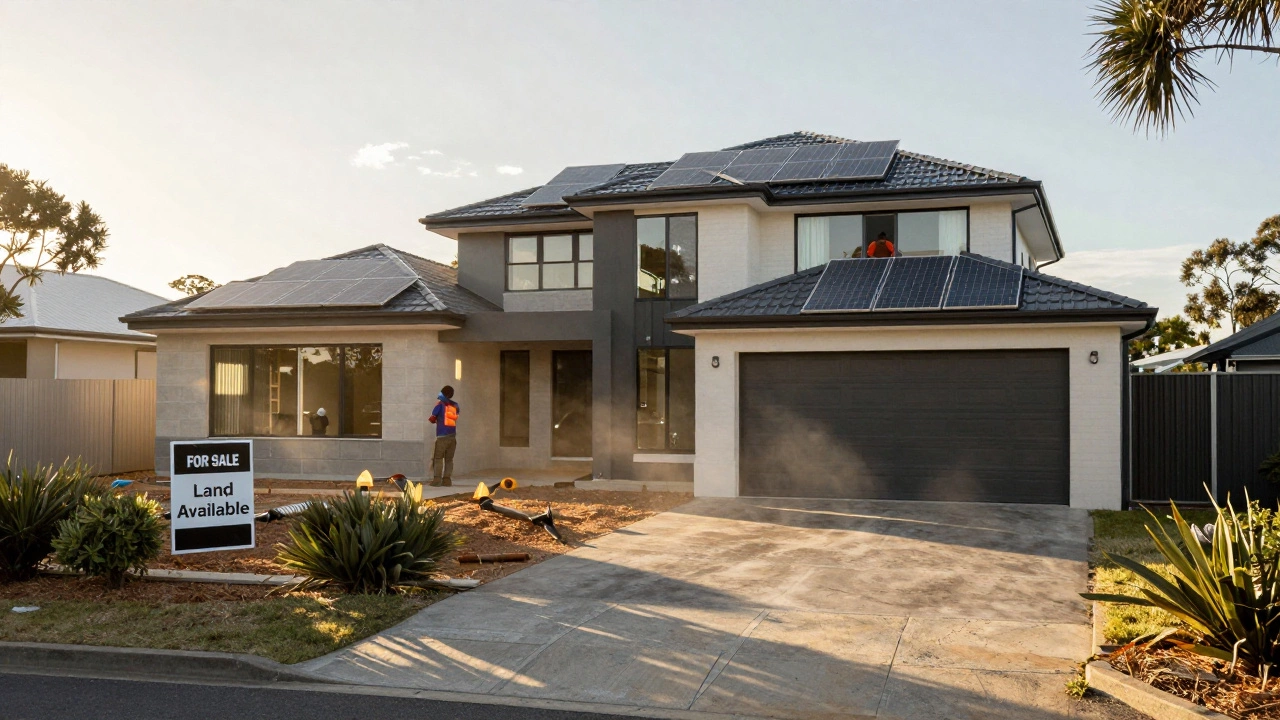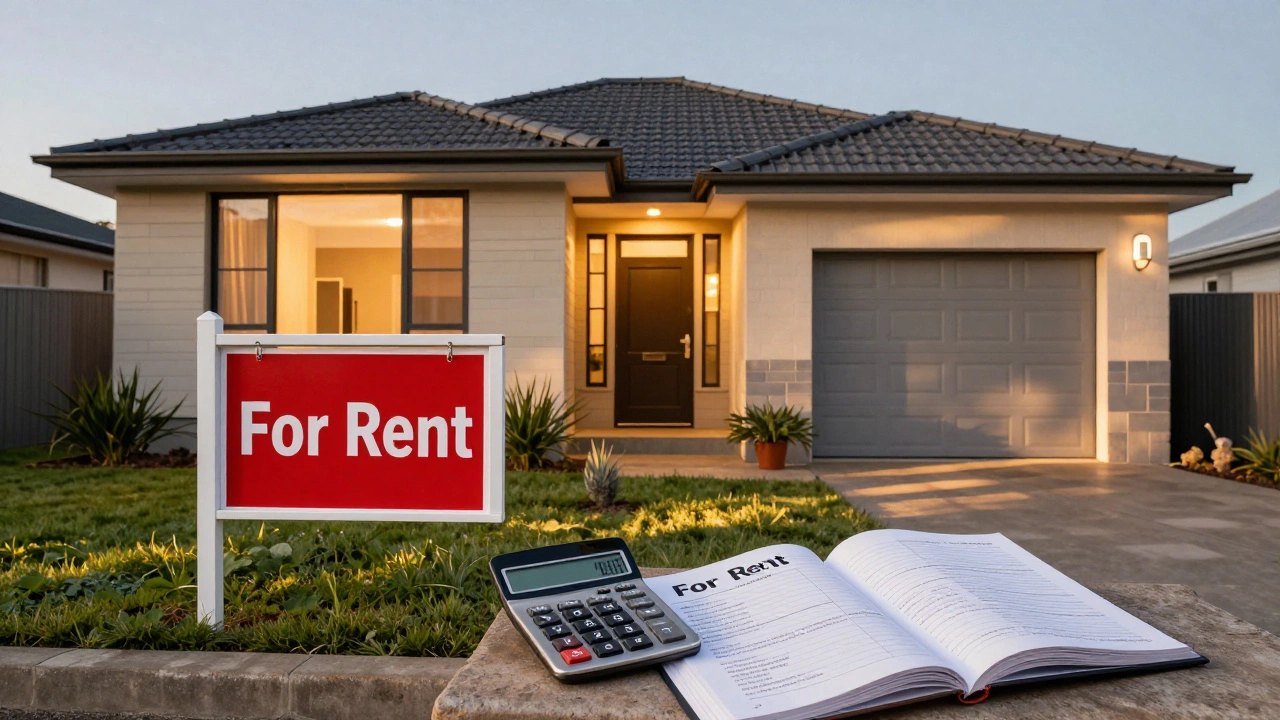Thinking about buying a home? You don’t have to be a finance wizard to make a good deal. In the next few minutes you’ll learn what credit score you really need, which states are hot right now, how to spot a money‑saving older house, and which online tools give the most reliable price estimate. Grab a cup of tea and let’s cut through the jargon.
Most lenders look for a score of 620 or higher for a conventional mortgage, but the sweet spot is 700+. If you’re close, a small boost can shave thousands off your interest rate. Want a 900 score? It’s a myth – scores top out around 850, and chasing a perfect number wastes time. Instead, focus on paying down credit cards, fixing errors on your report, and avoiding new debt before you apply. These steps improve your chances of approval and lower your monthly payment.
Profitability isn’t just about price tags. In 2025, several states are seeing steady price growth, lower taxes, and plenty of jobs. Check out states that balance affordability with future upside – think parts of the Midwest and emerging suburbs. If you stumble on a 30‑year‑old house, don’t write it off. Older homes can be gems if you inspect plumbing, wiring, and insulation. A thorough inspection can turn a potential money pit into a solid investment.
Renting isn’t always throwing money away. If you need flexibility or are saving for a down payment, renting might let you avoid costly repairs and property taxes. But if you’re ready to build equity, buying usually wins in the long run. Use online valuation tools like Zillow, Redfin, or local portals, but remember each has its quirks. Compare at least two estimates and add a ground‑truth check by looking at recent sales in the same neighborhood.
For those eyeing Michigan, there are safe, affordable towns near big metros that offer lower crime rates and good schools. Places like Novi or Ann Arbor suburbs give you city access without the sky‑high price tag. Research local crime stats and community reviews to ensure you get both safety and savings.
Finally, keep an eye on hidden costs – stamp duty, registration fees, and moving expenses add up fast. Create a spreadsheet, list every expected outlay, and compare it against your budget before you make an offer. A clear picture now saves surprises later.
With these basics – a realistic credit score goal, a smart state pick, a careful look at older homes, and reliable price tools – you’re ready to start your property search online. Happy house hunting!

You can buy a house over the internet with the right tools and support. Millions have done it - from remote workers to international buyers. Learn how it works, what to watch out for, and why it’s faster than ever.

Discover which Australian state offers the best value for property buyers in 2026. We break down median prices, growth rates, and job markets across South Australia, Queensland, and Victoria to help you make an informed decision.

In 2025, building a house in Adelaide costs about the same as buying one-but new builds save money on energy, repairs, and maintenance over time. Here’s how to decide what’s right for you.

Discover how much profit you should realistically make from a rental property in Adelaide. Learn net yield targets, cost breakdowns, and strategies to boost returns without chasing risky high-yield areas.

Find out how much profit you should realistically make on a rental property in Adelaide. Learn the numbers behind rental yields, cash flow, and long-term wealth building-without the hype.

Buying a house at 40 isn't too late - it's smarter. Discover why your 40s are the ideal time to become a first-time homeowner, how to get approved for a mortgage, and how to buy safely online.

Discover the five smartest places to buy property in 2025, learn key investment criteria, compare market metrics, and get a step-by-step guide to make a winning real‑estate purchase.

Trying to figure out what credit score you need to buy a house? This article breaks down how your credit score affects your chances of getting a mortgage, what numbers lenders look for, and tips for improving your odds. Get the straight facts on different loan types, down payment tricks, and how online tools can help you shop smarter for a home. You'll understand exactly where you stand and how to boost your chances of approval. Start your property search the right way.

Should you buy a house right now, or does renting make more sense? This article tackles the facts about house buying and profitability in 2025. It breaks down home value growth, mortgage costs, and market challenges. Learn how online tools can help you shop smarter. Get clear tips on what makes homeownership actually pay off.

Wondering if a 30-year-old house is too old when browsing homes online? Age isn't always a deal-breaker, but it comes with extra things to check—like plumbing, wiring, and energy bills. This article breaks down what to expect from an older home, signs of hidden problems, and smart tips to help you shop wisely. You'll get the real scoop on when a 30-year-old house is a solid choice or when it's a money pit. Don't let the number fool you—look beyond the age and make your next move with confidence.

Can anyone really get a 900 credit score, or is it just a myth? This article breaks down how credit scores work, what you actually need to qualify for mortgages, and why chasing a perfect score might be wasting your time. Get clear tips for improving your credit if you're thinking about buying a home online. We’ll also highlight mistakes to avoid and where the numbers really matter. Let's separate fact from fiction so you can make smarter property moves.

Choosing the best state to live in isn’t just about sunny weather or pretty mountains—you’ve got to look at housing costs, job options, taxes, and your own lifestyle. This article breaks down what really matters when picking a state to call home, especially if you’re hunting for property online. You’ll see which states are trending for real estate and why, along with some hidden gems you might not expect. There are practical tips for researching neighborhoods, snagging good deals, and avoiding common online buying mistakes. If you’re ready to make a move, you’ll get a clearer picture of where you might want to unpack those boxes.